We are again reminded that attention to detail is key when it comes to enterprise agreement drafting and interpretation.
Enterprise agreements (EAs) set out the minimum employment conditions that apply to a business or a group of businesses. EAs cover a broad range of matters such as the rate of pay, employment conditions, consulting processes and schedules, dispute resolution procedures and other standard conditions. There is a structured bargaining process and all EAs must be submitted for final approval by the Fair Work Commission (FWC). The Commission’s role is to ensure that employees are better off overall as a result of the EA. EAs are important documents – attention to detail is key in both the bargaining process and understanding the approved agreement.
Construction, Forestry, Maritime, Mining and Energy Union – The Maritime Union of Australia Division v Qube Ports Pty Ltd T/As Qube Ports [2018] FWC 5537
In this decision by the Fair Work Commission, the Commission considered whether Qube was allowed, by clause 1.6.6 of Part B of the Enterprise Agreement, to vary a Sunday shift length by extending the length of the shift.
The issue arose in the following circumstances:
- In November 2017, employees were notified of an indicative shift of 10 hours would start at 4:00 pm on Sunday and end at 2:00 am on Monday.
- The shift was then varied, to begin at 7:00pm on Sunday and end at 7:00am on Monday, extending it to 12 hours.
- When signing on, seven employees ticked a box on the sign-on sheet indicating that they were unavailable to extend the shift to 12 hours.
- They were each issued with a Formal Warning – First and Final for leaving the site without authorisation and failure to comply with a lawful and reasonable direction to complete the shift.
The Fair Work Commission was asked:
‘Does clause 1.6.6 of Part B permit Qube to vary a Sunday shift length so as to extend the length of the indicative shift?’
If the Commission answered the above question ‘no’, Qube agreed to withdraw the warnings which it had issued as there would be no foundation to issue the warnings.
This discrete question concerned the interpretation of the EA and whether the meaning of certain clauses were to be given their plain meaning, or had ambiguous meanings that could be interpreted in different ways.
The relevant clauses complained of concerned the notification of shifts commencing on Sundays or Monday public holidays and the use of the abbreviation “i.e.“, as follows:
1.6.6 Notification to work on a weekend will be notified Friday at the normal notification time. Sunday Day Shift, Evening Shift and Night Shifts (first shift Monday) may be confirmed, varied or cancelled (i.e. change to shift start time or cancelled) by 1400 hours. Saturday.
1.6.7 Notification to work on Monday public holidays will be notified on Friday at the normal notification time. Monday public holidays Day Shift, Evening Shift and Night Shift (first shift Tuesday) may be confirmed, varied (i.e. change to shift start time) or cancelled by 1500 hours Sunday. [emphasis added]
Submissions tendered by the Union requested the Commission to give the abbreviation its plain meaning of ‘that is’. They contended that the abbreviation ‘i.e.’ when given its plain meaning, qualified the word ‘varied’ by limiting the type of variation allowed to the start time or cancellation of a shift.
Qube argued that the Union’s interpretation was ‘ultra-literal’ and that the abbreviation, ‘i.e.’ was intended to be interchangeable for ‘e.g.’ (‘for example’). They further said that amending the start time of a shift was only one type of variation contemplated by Qube, but not the only possible variation. Furthermore, Qube argued that if the Commission failed to allow the interchangeable meaning of ‘i.e.’ and ‘e.g.’, this would create a situation where the start time of a shift could be changed, but not the end time. As such, a shift could be shortened or lengthened just by changing the start time, and still create the situation the Union was trying to avoid.
The Union, in response, argued that in a preceding clause of the Agreement, Qube was required to notify staff members of the start time and duration of the working period, with the end time ultimately following ‘as a natural consequence of a shift length being fixed and a start time being varied…’.
The Commission rejected Qube’s interpretation and intention. It gave ‘i.e.’ its plain meaning of ‘that is’, and agreed with the Union’s reasoning above. The warnings issued to employees were withdrawn.
This decision demonstrates the attention to detail and the level of precision that must be maintained when drafting enterprise agreements and during enterprise bargaining.
Abbreviations and turns of phrase must be used carefully in drafting. They should always be given their plain meaning in order to avoid confusion and misinterpretation.
